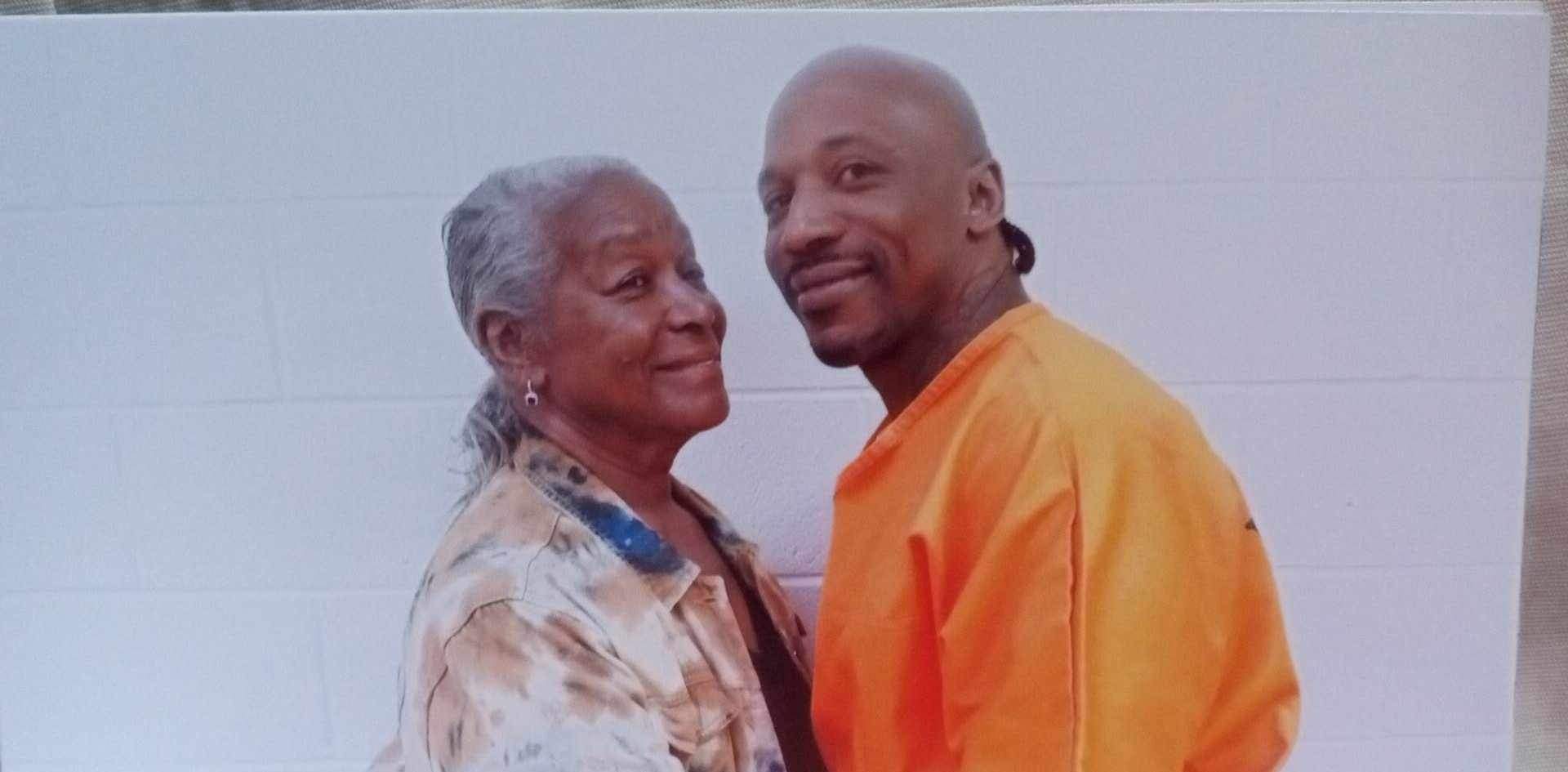 Eric Proctor & his mother
Eric Proctor & his mother
Eric Lee Proctor, an inmate in the Oklahoma state prison system, has filed a lawsuit against Governor Kevin Stitt and the Oklahoma Pardon and Parole Board, demanding a meaningful opportunity for release after serving 30 years for crimes he committed when he was just 16 years old. Proctor's legal action asserts that the state has failed to adhere to U.S. Supreme Court rulings that require juveniles sentenced to life imprisonment to be given a realistic chance of parole.
Proctor's lawsuit points to the landmark Supreme Court decisions in Graham v. Florida and Miller v. Alabama, which mandate that juvenile offenders cannot be sentenced to life without parole without considering their age and potential for rehabilitation. He claims that Oklahoma’s parole system does not provide him with a fair chance to demonstrate his maturity and reform, thereby violating his rights under the Eighth and Fourteenth Amendments of the U.S. Constitution.
According to the complaint, Proctor’s continued incarceration without a meaningful opportunity for parole represents cruel and unusual punishment, infringing upon his constitutional protections. Proctor’s argues that the state’s parole procedures for juvenile lifers are inadequate and do not meet the standards set by the Supreme Court, effectively denying him a second chance at life.
Family members and friends of Eric Lee Proctor have rallied in support of his release, emphasizing his transformation and remorse over the past three decades. They have launched a petition on Change.org, urging the public to join their cause and advocate for Proctor’s release. The petition underscores Proctor’s rehabilitation efforts and his potential to contribute positively to society if given the opportunity. Family and friends of Proctor are asking the public to sign his online petition for release, which already has over 1,500 signatures.
As this legal battle unfolds, it brings to light broader issues about the treatment of juvenile offenders in the criminal justice system and the necessity of reforming parole practices to align with constitutional standards. The outcome of Proctor’s case could have significant implications for other inmates in similar situations, highlighting the ongoing struggle for juvenile justice reform in Oklahoma and across the United States.
